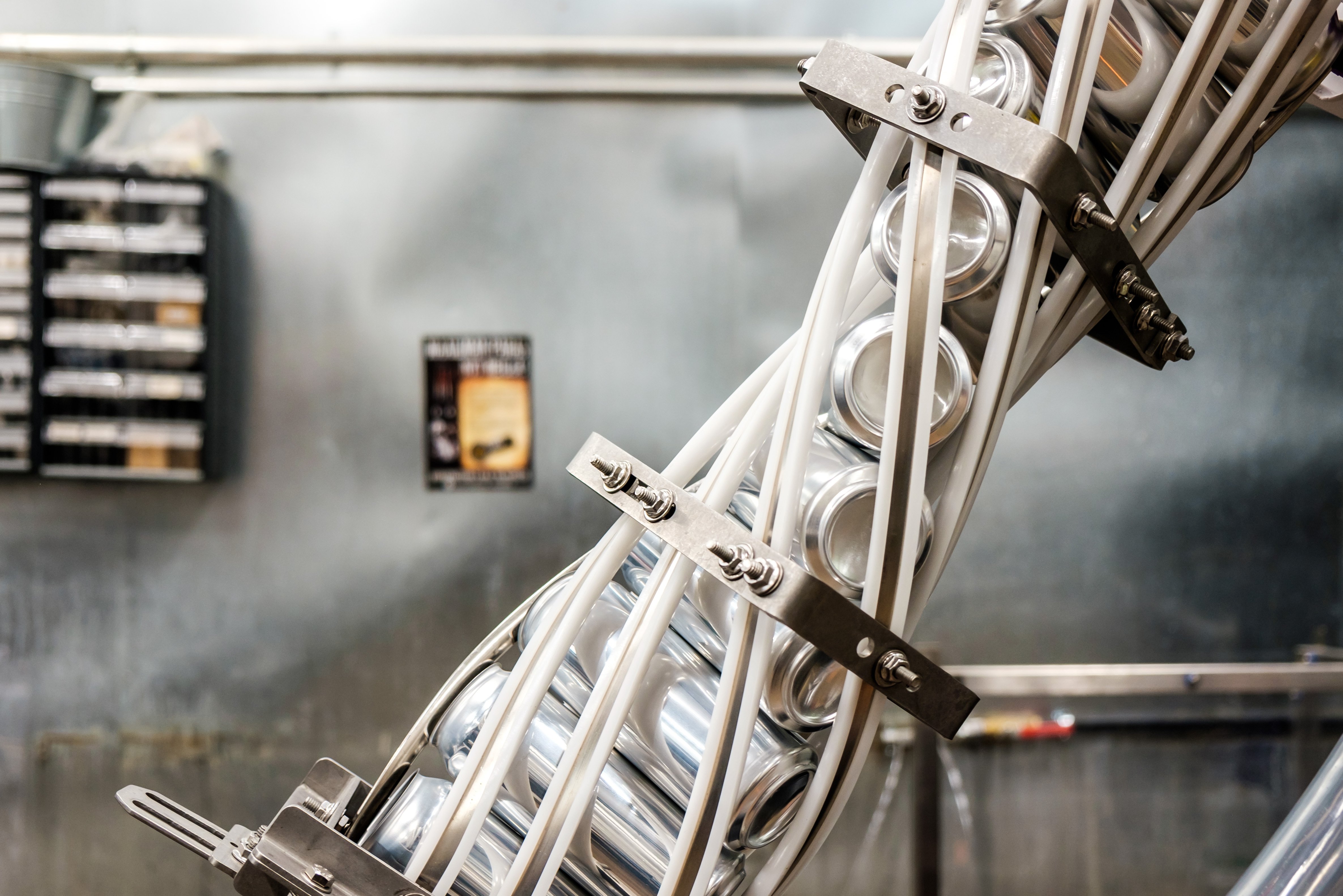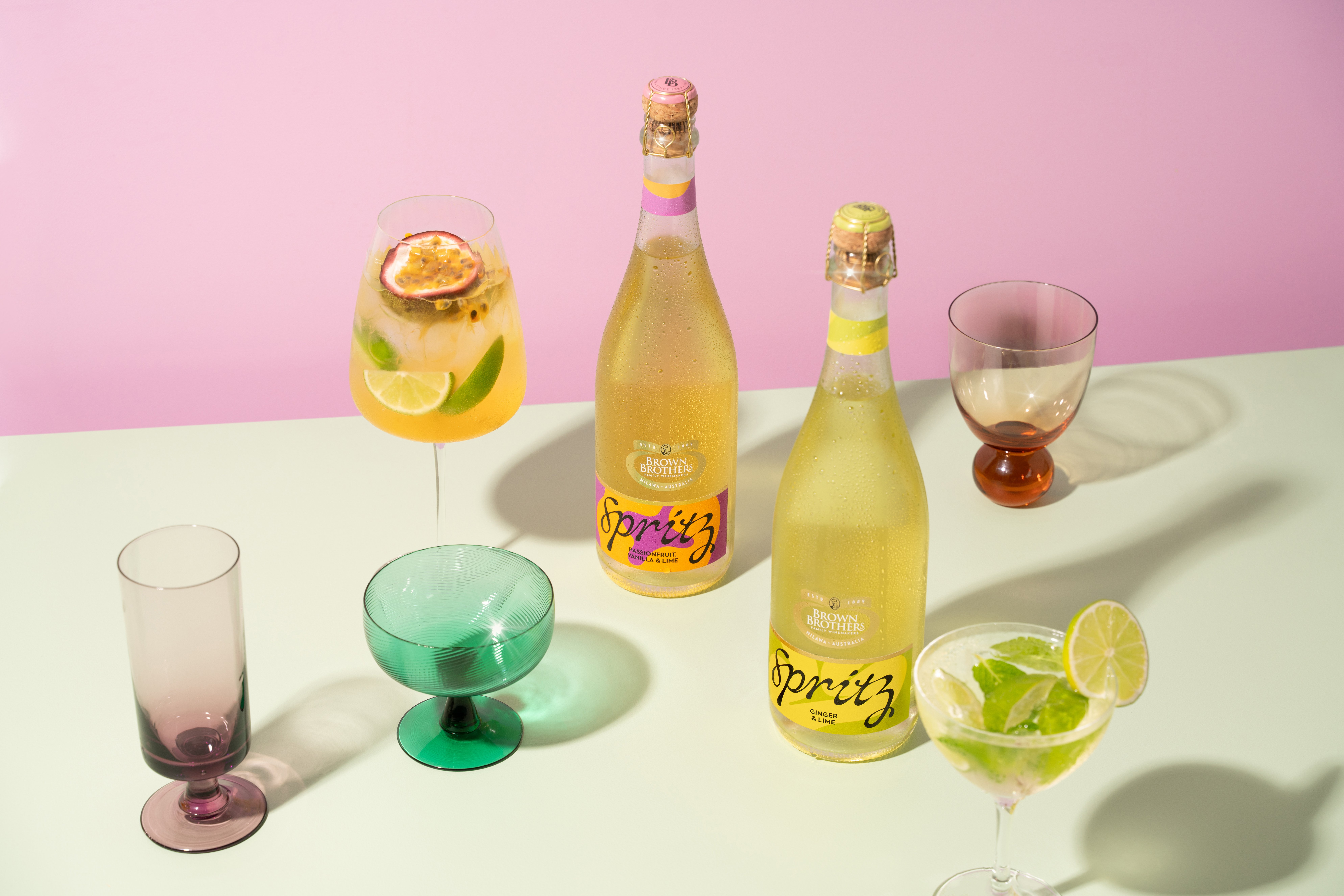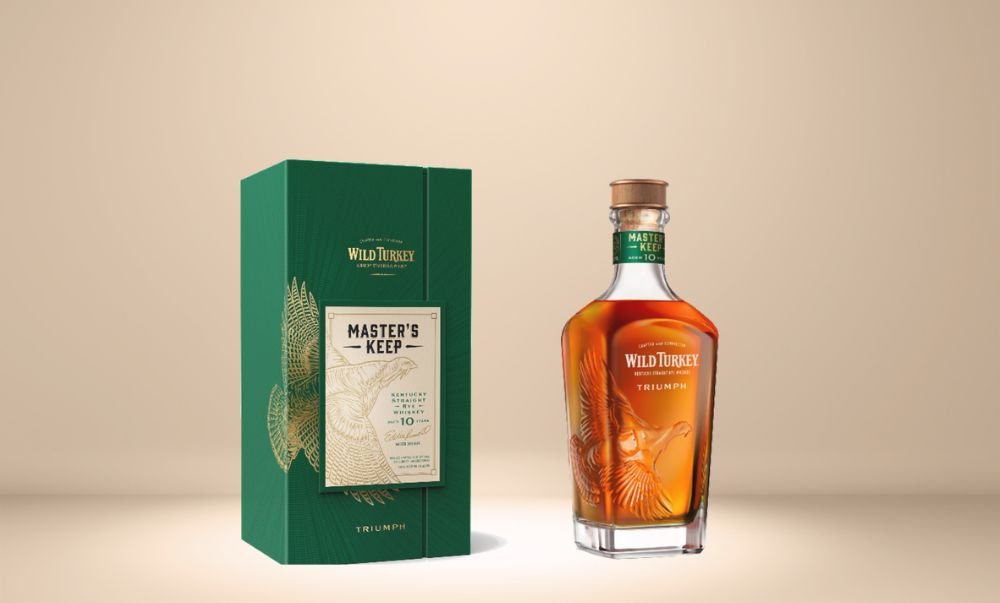A new study from scientists at The Florey, Australia's leading brain research institute, reveals that a chemical in our brain is responsible for interpreting bitter tastes, which could be harnessed to help women stop binge drinking.
Dr Leigh Walker, an expert in the neurobiology of anxiety and alcohol use disorders, led the study. She said the research shows that when a particular chemical is removed from the brain, males drink more and females drink less, but when the alcoholic drinks are sweetened, female consumption goes up.
"The taste of alcohol is an important and often overlooked factor that drives alcohol preference, intake and use. We have identified a chemical in the brain that makes alcohol taste bitter to females unless the drink is sweetened," she said.
Dr Walker believes the findings could pave the way for treatments designed to help women stop binge drinking and is breakthrough research as, in the past, science has primarily focused on examining how male brains work.
The study was published in the peer-reviewed journal Neuropsychopharmacology, and looked at how female brains differ from male brains, identifying differences in response to taste by studying the effect of inhibiting CART in mice trained to drink alcohol.
CART is a neuropeptide present in all species and associated with energy balance, depression, anxiety, and reward-related behaviour, including those around drinking alcohol.
"Alcohol has an underlying bitter taste," said Dr Walker. "When we inhibited CART in male mice, their drinking increased. And when we knocked out the same brain chemical in female mice, they drank less. But when the alcohol was sweetened, the female mice drank more. This tells us that without CART, alcohol is unpalatable to females."
Alcohol use contributes to about 3 million deaths globally each year, with alcohol misuse accounting for 5.1 per cent of the global disease burden. Meanwhile, rates of risky drinking and alcohol use disorders are rising in women much faster than men, according to World Health Organisation (WHO) research.
"If we can find a way in future research to target the CART neuropeptide system, we may be able to create treatments to help women curb excessive alcohol use. And if we can work out how male and female brains differ it will open unprecedented opportunity to treat disorders of the brain in women, including alcohol use disorders," Dr Walker said.
Stay up-to-date with the latest industry news with the Drinks Trade e-newsletter.
Share the content










